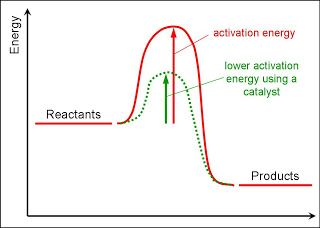Yes, an RO will absolutely eliminate this issue. You don't say what the pH is coming out of the tap, but I'm going to guess that it's somewhat alkaline, and depending on your location it's probably due to carbonate hardness (think calcium or magnesium carbonates, or as dolomite lime, calcium magnesium carbonate), or bicarbonate hardness. Alkalinity is defined as resistance to pH shift, and so when you force it down, it's going to bounce back up unless you use sufficient acid to neutralize the carbonate molecules present in the water.
What form is the silica? To the best of my understanding, it doesn't have a huge effect on pH or alkalinity. That could simply mean my understanding is limited, but with regard to alkaline water, my experience has always been that it's due to carbonate/bicarbonate hardness. (Some decades in the aquatic ornamental industry.)
You could also filter through peat moss, but that could be a huge pain in the ass, though nowhere nearly as wasteful as reverse osmosis. I keep intending to make myself a giant peat moss filter to see what happens, but I get distracted with other things. Filtration through peat was how I used to set up filtration for the very delicate South American fishes from the Amazon and Rio Negro regions, it was the best way to soften and acidify the water column for them, gentlest as well. It does stain the water, but who cares about that when it's going into roots? Aquarists have a different opinion on water color and clarity, of course.






